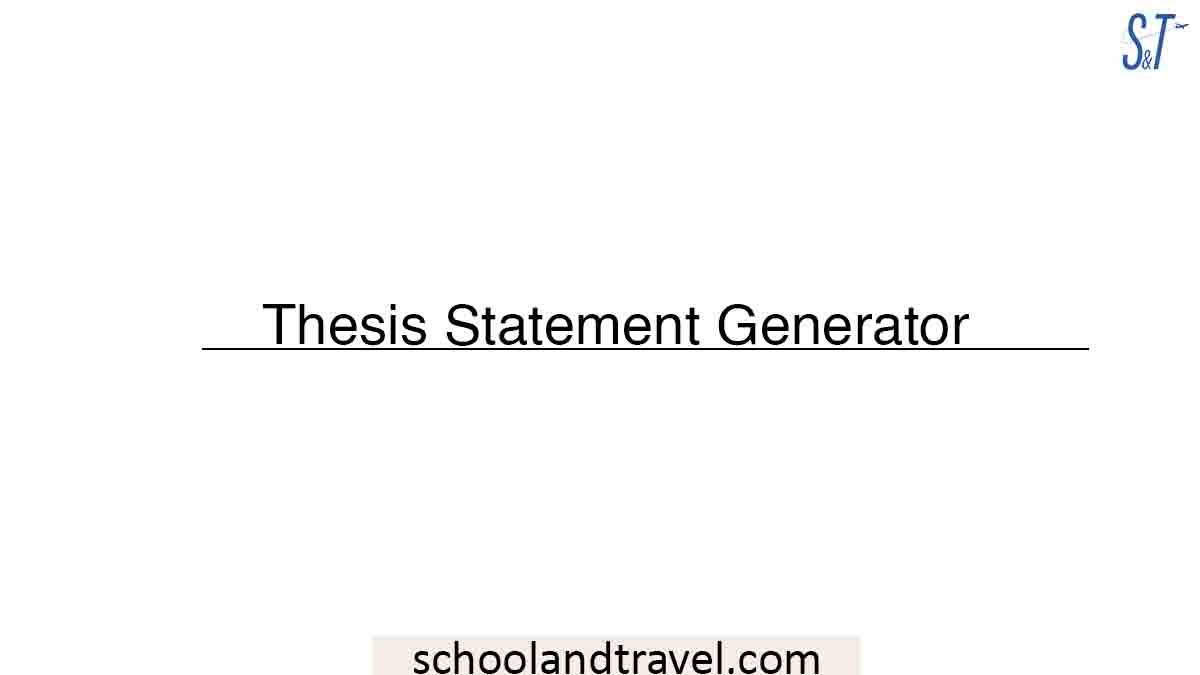Some students find music distracting, especially when trying to study. Other students find music too relaxing, especially when they are trying to study.
According to several studies, there is a strong connection between music and learning. Listening to music can stimulate brain activity and make you smarter.
A study showed that listening to classical music can profoundly improve your spatial reasoning skills and score better test scores.
Music can help some people concentrate while studying and improve a study session.
However, its effectiveness varies from person to person and depends on factors like personal preference, the type of task being performed, and the genre and tempo of the music.
Music can improve academic performance in various ways and help you stay motivated.
When studying for an extended period, it can be easy to get bored or discouraged. Music can keep you motivated by providing a distraction that’s not too stimulating.
Let’s explore how listening to music can help students concentrate better and improve their academic performance.
How Can Listening to Music Help Students Perform Better?
From improving your learning ability to boosting your mood, reducing stress, increasing concentration, and keeping you motivated, listening to music while studying has many benefits.
Students planning to enroll in a medical school can make the most of studying music and become successful students. Here is the list of benefits of listening to music when studying.
1. Improves Memory
Associating specific information with melodies or songs can aid memory recall.
This is why some people find it easier to remember facts or concepts when they’ve studied with music in the background.
This is because music activates different brain parts, which can help consolidate memories.
Whether you are preparing for board exams, class quizzes, or reviewing lectures, listening to music can help students improve their memory and recall of information.
2. Mood Enhancement
Listening to music that you enjoy can boost your mood and motivation.
When you’re in a good mood, you’re more likely to be able to concentrate. Listening to music can help improve your mood by releasing brain chemicals, endorphins.
They are happy hormones and have mood-boosting effects. A positive emotional state can increase engagement with your studies and a more productive learning experience.
A study suggests that a good mood positively affects your learning outcomes. When you feel good, you will more likely understand the study material better.
The right music can help improve your mood and motivation, making engaging with your studies and staying focused easier.
3. Stress Reduction
Medical education can be stressful for many students, packed with many complex topics.
When you don’t understand the subject material, you may feel overwhelmed.
Furthermore, medical school exams and assignment deadlines can lead to high-stress levels, negatively impacting your studying.
Stress can also make it difficult for you to remember information, especially during exams, which leads to poor academic performance.
Music can help reduce stress and anxiety, improving your overall cognitive function.
This is especially helpful when you feel overwhelmed or stressed about your studies. Calming music, such as classical or ambient music, can create a more conducive atmosphere for studying.
It can help reduce stress and anxiety. Lower stress levels can lead to better focus and cognitive performance.
4. Improving Concentration
Music can aid concentration and improve focus while studying.
Several studies have shown that background music can help students increase their concentration and perform better academically.
For some individuals, particularly those not overly sensitive to auditory stimuli, instrumental or low-lyric music can create a consistent background noise that helps them concentrate.
Moreover, listening to music can drown out background noises and distractions, creating a more focused environment for studying.
You can concentrate better on your studies by masking all the distracting noises in your environment.
5. Enhancing Your Cognitive Abilities
Some research suggests that certain types of music can temporarily enhance cognitive abilities like spatial reasoning, problem-solving, and pattern recognition.
Certain types of music, like ambient or instrumental music, can stimulate creativity and help you think outside the box, which might benefit tasks requiring innovative thinking.
6. Establishing a Study Routine
Incorporating music into your study routine can help create a consistent learning environment.
Over time, your brain might associate certain music with studying, which can trigger a focused mindset when you hear that music.
Playing music, you enjoy can make the studying environment more enjoyable and comfortable, which can contribute to a more effective learning experience.
Listening to music with a steady tempo can help you maintain a consistent pace while working on assignments or studying.
How to Integrate Music into Your Study Routine?
1. Choose the Right Music:
If you want to concentrate without having your thoughts disrupted, listening to music with no or few words can help.
2. Experiment:
Explore many forms until you find one that speaks to you. While classical music may be more beneficial for some, electronic or ambient music may appeal to others.
3. Volume Levels:
Make sure the music isn’t too loud and instead serves as ambient noise. It shouldn’t interfere with your productivity in any way.
4. Task Compatibility:
Music may be more conducive to some jobs than others. Data entry is an example of an activity that can benefit from music, while more complicated problem-solving may not.
5. Stay Mindful:
Check-in regularly to see if the tunes are helping or distracting you. If you daydream or are less engaged in your work, try studying in silence.
Conclusion
Ultimately, the efficiency of music study depends on the individual and the work at hand. Find the sweet spot that works for you through trial and error.
Awesome one; I hope this article answers your question.
Editor’s Recommendations:
- Making Your College Education Interesting: Bring Success With Assignment Completion
- 7 Things To Do To Be Successful In College Education
- Five Pointers for Students to Boost Education Flow
- 5 Ways to Continue Your Education While Travelling Around the World
- 19+ Best Educational Apps for Schools (Quizlet, Slack)
- What Can Make A Student’s Life Easier: Educational Traveling is One of That Thing
If you find this article good, please share it with a friend.



